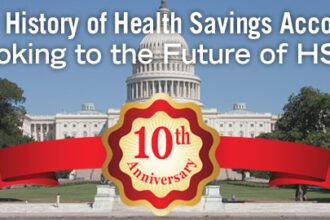To review the effects and adverse consequences of energy drink consumption among children, adolescents, and young adults, Sara Seifert, of the University of Miami, and colleagues searched PubMed and Google for an assortment of terms including “energy drink,” “sports drink,” “guarana,” “caffeine,” “taurine,” “diabetes,” and “poison control center.” They reviewed the articles they found as well as manufacturer Web sites for product information.
The review suggested that 30-50% of young people consume energy drinks in the US, although there is considerable variation in the types of drinks consumed and the frequency with which they are consumed.
The adverse consequences of energy drink consumption, as documented by the scientists’ review, can be divided into 3 categories: caffeine overdoses, organ system dysfunction and interactions with drugs. Let’s review these briefly:
Caffeine Overdoses Nearly half of the 5,448 caffeine overdoses in 2007 involved people who were 19 years old or less, the scientists reported. They weren’t able to determine which cases were caused by the consumption of energy drinks, but suggested that it is substantial.
Energy drinks typically contain between 70-80 mg of caffeine per 8-oz. serving, or about 3 times as much as is found in most cola drinks. Since energy drinks are classified as dietary supplements rather than food, producers aren’t required to specify the caffeine content on the label, or the amounts of other ingredients which could add more caffeine.
Caffeine is the primary active ingredient in most energy drinks, but other ingredients like kola nuts, guarana, cocoa and yerba mate can significantly increase overall caffeine content.
For example each gram of guarana adds 40 to 80 mg of caffeine to the drink, not to mention small amounts of the stimulants theophylline and theobromine.
Organ System Dysfunction Seifert’s literature review revealed a long list of physiologic problems and symptoms that have been attributed to energy drinks. These included diabetes, cardiac arrhythmias, hypertension, rhabdomyolysis, kidney and liver damage, behavioral and mood disorders and seizures.
The scientists found that kids with baseline health problems (including liver or kidney disease, cardiovascular disease, behavioral problems and hyperthyroidism) were at particularly high risk for complications from energy drinks.
Deaths attributed to energy drinks have been documented in Germany and Ireland.
Drug Interactions Seifert’s group said that energy drinks containing vinpocetine, 5-hydroxytryptophan, ginseng, L-carnitine and yohimbine were particularly likely to cause adverse drug reactions, though they didn’t provide much data on how often these events actually happened.
“Energy drinks have no therapeutic benefit, and many ingredients are…not regulated,” Seifert’s group concluded. “Both the known and unknown pharmacology of various ingredients, combined with reports of toxicity, suggest that these drinks may put some children at risk for serious adverse health effects.”
The write-up appears in Pediatrics







